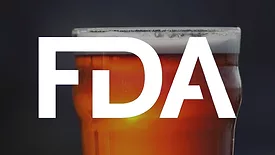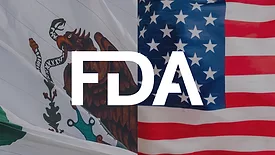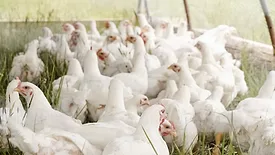Regulatory
The 2022 Recall Integration Partnership Project expanded upon critical state and federal partnerships to improve response capabilities during recall events
Read More
Never miss the latest news and trends driving the food safety industry
Newsletters | Website | eMagazine
JOIN TODAY!Copyright ©2026. All Rights Reserved BNP Media.
Design, CMS, Hosting & Web Development :: ePublishing



.webp?height=168&t=1661887788&width=275)





